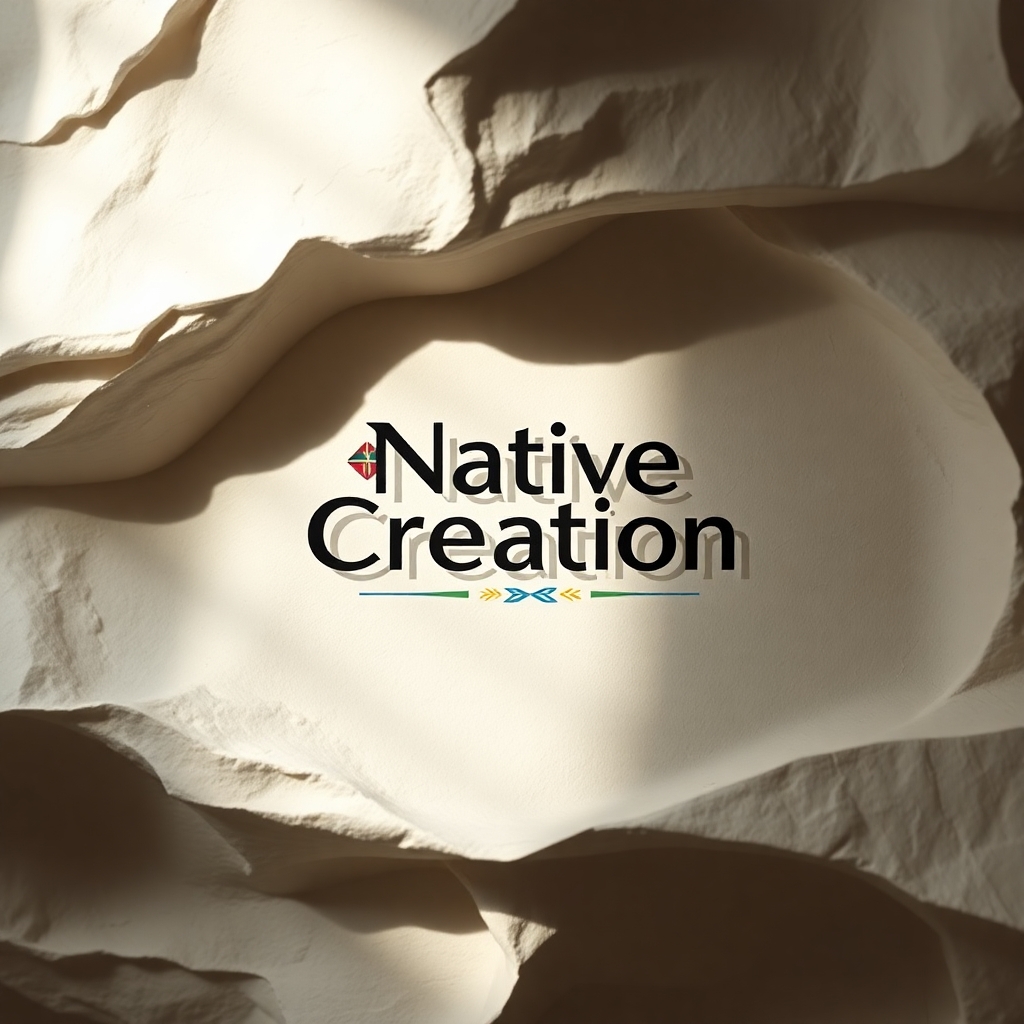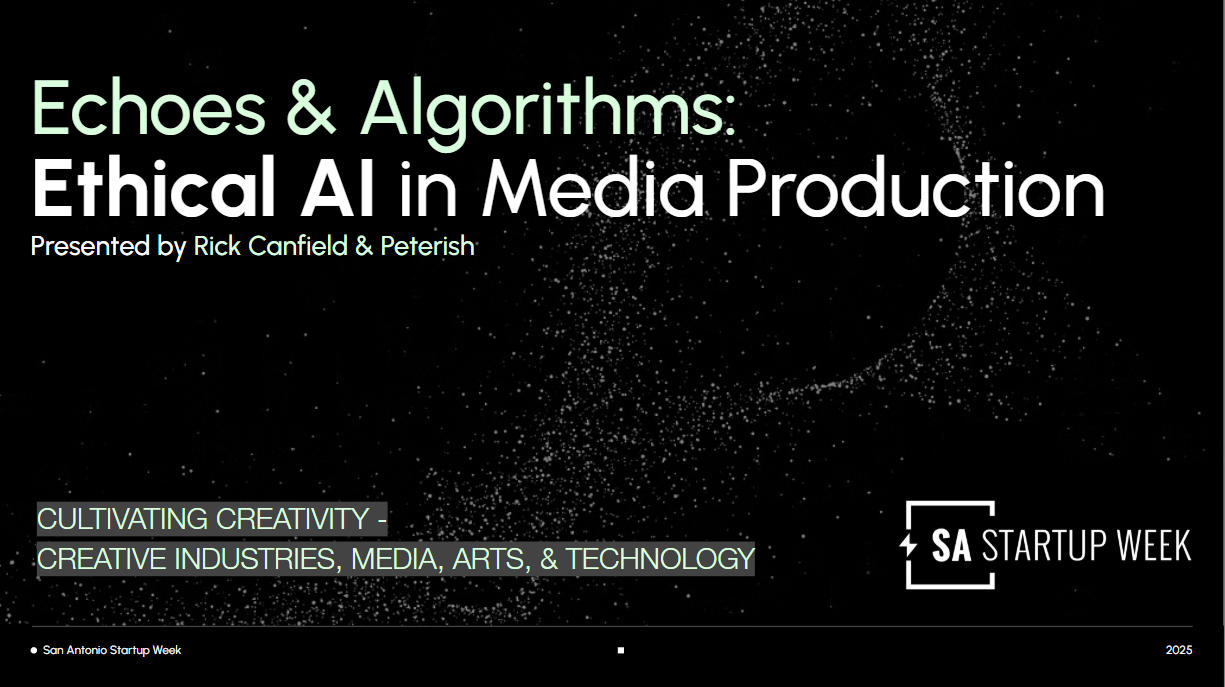The metaverse is often hailed as the ultimate equalizer—a place where physical limitations melt away, and anyone can be anything. But without intentional, proactive design, this grand vision of an inclusive digital future could easily replicate, or even amplify, the biases, inequalities, and discrimination that plague our physical world.
True inclusivity and diversity in the metaverse mean more than just offering different avatar skin tones. It means baking equity into the very fabric of its technology, culture, and governance. This is how we can ensure the metaverse lives up to its promise: a truly accessible, representative, and welcoming space for all.
1. Beyond Aesthetics: True Representation and Identity
Diversity starts with the ability to authentically represent oneself and see oneself reflected in the world around them.
- Inclusive Avatar Systems: It’s not just about skin color. Avatar creation tools must offer a vast range of options covering:
- Body Diversity: Different body types, ages, abilities (e.g., wheelchairs, prosthetics), and gender expressions.
- Cultural Specificity: A wide array of traditional clothing, hairstyles, and accessories from global cultures, avoiding stereotypes.
- Sensory Representation: Options for users with sensory impairments to choose how they “perceive” the virtual world (e.g., visualizers for sound, haptic feedback for environmental cues).
- Decentralized Identity and Self-Sovereignty: Users should have ultimate control over their digital identity. This means moving beyond platform-specific profiles to self-sovereign IDs (like DIDs) that allow users to manage their data and reputation across different metaverse spaces without relying on centralized authorities, protecting sensitive information.
- Diverse Content and Narratives: Ensure virtual experiences, stories, games, and art within the metaverse reflect a global tapestry of cultures, histories, and perspectives, moving beyond Eurocentric or Western-dominated narratives.
2. Accessibility by Design: No One Left Behind
If the metaverse isn’t accessible, it isn’t inclusive. This means designing for a spectrum of physical, sensory, and cognitive abilities from the ground up.
- Multi-Modal Interactions: Moving beyond standard controllers. The metaverse must support voice commands, gaze tracking, haptic feedback, alternative input devices, and even brain-computer interfaces (BCIs) to cater to diverse motor skills.
- Adaptive Interfaces: Customizable UI/UX elements, adjustable text sizes, color contrast options, and reduced sensory overload modes are crucial for users with cognitive differences or neurodivergence.
- Assistive Tech Integration: Seamless compatibility with real-world assistive technologies like screen readers, speech-to-text, and real-time captioning or sign language interpretation.
- Digital Equality: Addressing the digital divide by working towards affordable hardware and accessible broadband access globally, ensuring that socioeconomic status doesn’t become another barrier to entry.
3. Ethical Governance: Cultivating Safe and Respectful Communities
An inclusive metaverse is a safe metaverse. This requires robust, transparent, and ethically designed governance.
- Robust Moderation and Reporting: Effective, real-time tools for reporting harassment, hate speech, and inappropriate behavior are non-negotiable. These systems must be designed with input from diverse communities to address nuanced forms of abuse.
- Anti-Harassment Technologies: Exploring AI-powered solutions to detect and mitigate harmful interactions, alongside user-controlled safety features like “personal safe zones” or “mute” functions that are easy to activate.
- Decentralized Governance (DAOs): Allowing diverse communities to participate in the actual governance and rule-making of virtual platforms through Decentralized Autonomous Organizations (DAOs). This ensures that decisions about acceptable behavior and content are not solely made by a few corporate entities.
- Cultural Sensitivity Training: For community managers and platform developers, continuous education on cultural nuances, diverse communication styles, and the varied impacts of policy decisions is critical.
4. Economic Equity: Opportunity for All
The metaverse is poised to create new economies. Inclusivity here means ensuring these opportunities are available to everyone.
- Equitable Creator Tools: Providing accessible, low-barrier tools for content creation (3D models, NFTs, experiences) that don’t require expensive software or specialized training, democratizing who can earn in the metaverse.
- Fair Marketplaces: Designing decentralized marketplaces that prevent discrimination, promote fair pricing, and ensure royalties and earnings flow transparently to creators.
- Digital Literacy and Empowerment: Investing in global digital literacy programs that teach marginalized communities how to navigate, create, and earn in the metaverse economy.
The metaverse is a reflection of its builders. If we prioritize diverse voices, ethical frameworks, and genuine accessibility from its inception, we have a unique opportunity to construct a digital future that is truly for everyone—a space where every avatar can feel seen, heard, and valued. The promise of the metaverse isn’t just about escape; it’s about building a better, more equitable reality.
- Echoes & Algorithms: Ethical AI in Media Production - October 28, 2025
- Creativity and AI Ethics: An Essential Toolkit for Game Dev Success - August 1, 2025
- Echoes on the Canyon Walls: Why the Pecos Rock Art is North America’s Oldest Grand Media - May 1, 2025






